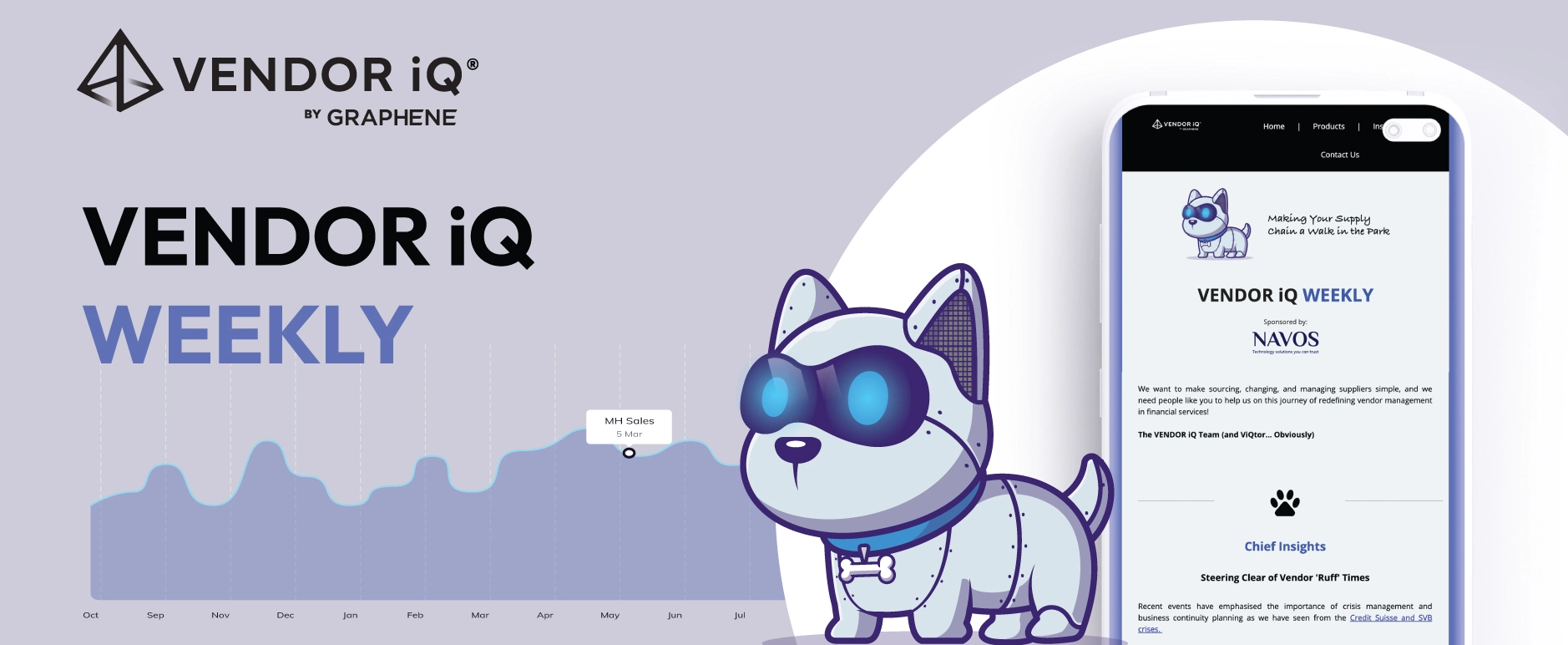Understanding DORA: A New Era of Digital Operational Resilience
As the financial services industry becomes increasingly digital, the need for robust operational resilience has never been more critical. Enter the Digital Operational Resilience Act (DORA), a groundbreaking regulation designed to ensure that financial institutions in the European Union can withstand, respond to, and recover from all types of disruptions. But what exactly is it, and why is it so important for the future of financial services?
What is DORA?
DORA, short for the Digital Operational Resilience Act, is a legislative framework introduced by the European Union to bolster the operational resilience of financial institutions against the growing threats of cyberattacks, system failures, and other digital disruptions. It is part of a broader strategy to create a secure, reliable, and interconnected financial ecosystem within the EU.
The core objective is to ensure that financial institutions are not only equipped to prevent and manage risks but also to recover swiftly from incidents that could disrupt their operations. This comprehensive regulation covers a wide range of financial entities, including banks, insurance companies, investment firms, and payment service providers.

Why It Matters
The significance of the regulation cannot be overstated, especially in a world where digital threats are becoming more sophisticated and frequent. Here are some key reasons why it’s is crucial for the financial sector:
Enhanced Cybersecurity:
- It mandates that financial institutions implement robust cybersecurity measures to protect against cyber threats. This includes regular testing, monitoring, and reporting of cybersecurity risks.
Operational Resilience:
- Beyond cybersecurity, it emphasises the importance of operational resilience, ensuring that institutions can continue to function during and after a disruption. This is vital for maintaining customer trust and financial stability.
Regulatory Compliance:
- It introduces stringent compliance requirements, forcing institutions to align their operations with the latest standards. Non-compliance could result in severe penalties, making adherence to DORA not just a best practice but a legal necessity.
Third-Party Risk Management:
- It also addresses the risks associated with third-party service providers, requiring financial institutions to assess and mitigate these risks. This is particularly important as many institutions rely on third parties for critical services like cloud computing and payment processing.
Key Components
1. ICT Risk Management
It mandates comprehensive Information and Communication Technology (ICT) risk management frameworks. Institutions must develop and maintain robust policies and procedures to identify, monitor, and mitigate ICT risks. This includes regular risk assessments and the implementation of appropriate controls.
2. Incident Reporting
One of it’s key requirements is the obligation to report significant ICT-related incidents to competent authorities. This ensures that regulators are aware of potential threats and can take coordinated action to mitigate risks across the financial sector.
3, Digital Operational Resilience Testing
It requires financial institutions to conduct regular testing of their digital operational resilience. This includes penetration testing, vulnerability assessments, and scenario-based testing to simulate potential disruptions and assess the institution’s ability to respond.
4. Third-Party Risk Management
Financial institutions must implement rigorous oversight of third-party service providers. This involves conducting thorough due diligence, establishing clear contractual obligations, and continuously monitoring the performance and security practices of these providers.
5. Governance and Oversight
The regulation places significant emphasis on governance, requiring financial institutions to establish clear roles and responsibilities for managing digital operational resilience. This includes the involvement of senior management and boards of directors in overseeing compliance with the requirements.
Preparing for DORA Compliance
Compliance with DORA requires a proactive approach. Here are some steps financial institutions should take to ensure they are ready:
1. Assess Your Current Capabilities
Begin by evaluating your institution’s existing ICT risk management and operational resilience capabilities. Identify any gaps that need to be addressed to meet it’s requirements
2. Develop a Compliance Strategy
Create a comprehensive compliance strategy that outlines how your institution will meet it’s requirements. This should include timelines, resource allocation, and a clear governance structure.
3. Engage with Third-Party Providers
Review your relationships with third-party providers to ensure they align with DORA’s requirements. This may involve renegotiating contracts, conducting additional due diligence, or implementing new monitoring practices.
4. Implement Robust Testing Protocols
Develop and implement a testing regime that meets it’s requirements for digital operational resilience testing. This should include regular testing of both internal systems and third-party services.
5. Stay Informed
DORA is part of a broader regulatory landscape that is continuously evolving. Stay informed about any updates or changes to DORA and other relevant regulations to ensure ongoing compliance.
FREE Dora Readiness Report
The Future of Financial Services with DORA
It represents a significant shift in how financial institutions approach operational resilience. By prioritising cybersecurity, risk management, and compliance, it not only protects institutions but also strengthens the entire financial ecosystem. As the financial services industry continues to evolve, those institutions that embrace DORA will be better positioned to navigate the challenges of the digital age.
At VENDOR iQ, we understand the complexities, and are committed to helping financial institutions meet these new requirements. Our data-driven platform provides the tools and insights needed to ensure your institution is fully compliant with DORA, while also enhancing your overall operational resilience.




